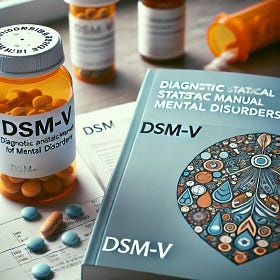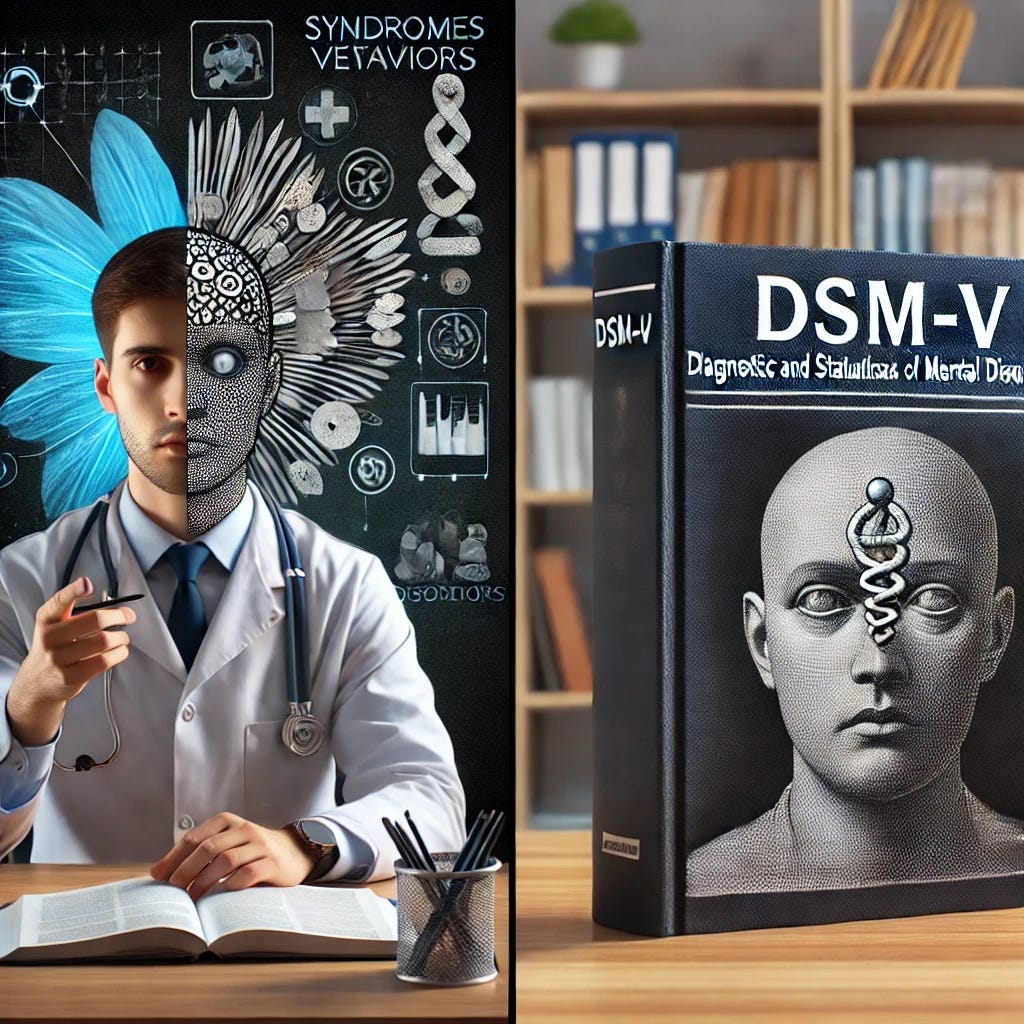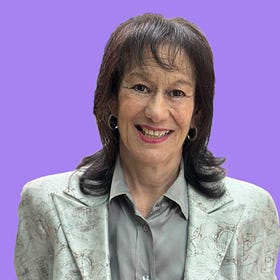Richard Luthmann:
"I guarantee you, if there was a pill that cured parental alienation, it would be in the DSM. The pharmaceutical companies would jump on it, and it would pass through in a heartbeat. We all know how these things work—lobbyists control a lot of these decisions."
Michael Volpe:
"Absolutely. The manual is an industry in and of itself. It’s not just about science; it’s about who benefits. The reality is, there’s no secret that pharmaceutical money can make a disorder real in a heartbeat, while something like parental alienation, which lacks financial backing, gets ignored. This is how the system works."
By Richard Luthmann
Richard Luthmann and journalist Michael Volpe tackled a hot-button issue on The Unknown Podcast: parental alienation. The two discussed whether parental alienation is a legitimate psychological disorder or merely a tool used in family court disputes.
They also delved into the political and financial forces allegedly influencing how the DSM-V, the Diagnostic and Statistical Manual of Mental Disorders, categorizes disorders.
"Parental alienation is not recognized as a syndrome," Volpe said, playing a clip from Megan Fox’s interview with Professor Sam Vaknin, a family court expert with years of academic experience.
Vaknin was adamant: “There is no such thing as parental alienation syndrome,” he said. “It’s not a syndrome. It’s a behavior, a choice.”
According to Vaknin, syndromes are well-defined in clinical psychology, involving specific traits and behaviors that consistently lead to predictable outcomes. He dismissed parental alienation as lacking those characteristics.
Political Influence Over DSM-V?
Luthmann argued that politics, rather than science, may have led to parental alienation’s exclusion from the DSM-V.
"The DSM-V is a consensus-based product and heavily influenced by lobbyists," Luthmann said.
He suggested that if a pharmaceutical company had a pill to treat parental alienation, the condition would have been added to the DSM.
"I guarantee you, if there was a pill that cured parental alienation, it would be in the DSM,” Luthmann said, adding that the pharmaceutical industry has significant influence on what conditions get recognition.
This point touches on the larger criticism that the DSM-V, often described as the “bible” of mental health, is not as scientifically rigorous as it claims.
Volpe noted, "The manual is an industry in and of itself,” adding that financial ties between DSM panel members and pharmaceutical companies have long been an issue.
"There’s no secret that pharmaceutical money can make a disorder real in a heartbeat,” Luthmann said laughingly.
A Weapon for Abusers?
Volpe shared the concerns of those who believe parental alienation is misused in family courts, often to the detriment of vulnerable parties. He played a clip of Megan Fox discussing her investigation into Missouri’s family court system, where she uncovered cases of documented child abusers using claims of parental alienation to regain custody.
“Parental alienation is being used as a weapon of abusers to continue abusing the ex-spouse and the children,” Fox said.
She cited one example of a man convicted of violent child abuse who was still granted contact with his child because the court believed the other parent was guilty of alienation.
This manipulation of parental alienation in courts was a key point of contention for both Luthmann and Volpe.
Volpe questioned, “How many times does a parent have to badmouth the other before it becomes alienation? Once? Twice?”
He stressed that parental alienation is subjective and lacks the clear standards needed to determine when a parent’s behavior crosses the line into alienation.
Luthmann challenged the assertion, saying, "It’s a criticism of psychotherapy and psychoanalysis overall."
The lack of clear thresholds makes parental alienation an easy claim to manipulate in legal settings.
"There’s no objective standard to determine when it’s parental alienation," Volpe added, questioning who gets to make that call in courtrooms.
Elements of Parental Alienation in DSM-V
While parental alienation itself is not listed as a disorder in the DSM-V, Luthmann says advocates point out that aspects of it are included under other diagnoses. He cited conditions like "parent-child relational problem" and "child psychological abuse" as examples.
These diagnoses cover behaviors often associated with parental alienation, such as one parent manipulating the child’s perception of the other. Luthmann explained that parental alienation advocates point to these DSM-recognized conditions as implicit acknowledgments of the disorder.
"Is it just a coincidence that these conditions show up in parental alienation cases?" Luthmann asked.
Volpe, however, remained unconvinced.
“If parental alienation were real, they’d just recognize it,” he said, dismissing the correlation.
Scientific Debate or Lobbying Power?
Luthmann’s central question remained whether parental alienation’s exclusion from the DSM-V was a scientific or political decision. Luthmann pointed out that peer review, often touted as the gold standard in scientific research, can be compromised by financial and political interests.
"Who are their peers? Are they people with financial ties to the industry?" he asked.
Volpe agreed, highlighting how much influence money can have in shaping what is considered a legitimate disorder. However, Volpe and Luthmann both acknowledged that parental alienation is used to describe real behaviors. But Volpe wouldn’t say parental alienation is a legitimate condition.
"The behaviors are real, but parental alienation isn’t real," Volpe said.
He explained that while parents do sometimes turn their children against the other parent, this behavior does not meet the criteria for a clinical syndrome.
"There’s no agreement on what it is or what it takes to make it real,” Volpe concluded.
A Call for Honesty
Luthmann summed up the episode by calling for transparency in the mental health field.
"People want honesty out of this," he said, stressing the need for an open dialogue about the role of lobbyists and financial interests in shaping psychiatric diagnoses. "Parents, clinicians, legal professionals—they all want truth,” he continued.
Psychologist Behind Reunification Camps Exposed: Lies, Greed, and Courtroom Scandals
NOTE: This is a version of an article first published on Frank Report. Go to Frank Report for full coverage.
As the debate over parental alienation continues, Luthmann and Volpe’s discussion on The Unknown Podcast raises important questions about the role of politics, money, and scientific rigor in how we define mental health disorders.
The pair agreed that until these issues are addressed, parental alienation will remain a controversial and divisive topic in both the legal and mental health communities.






















